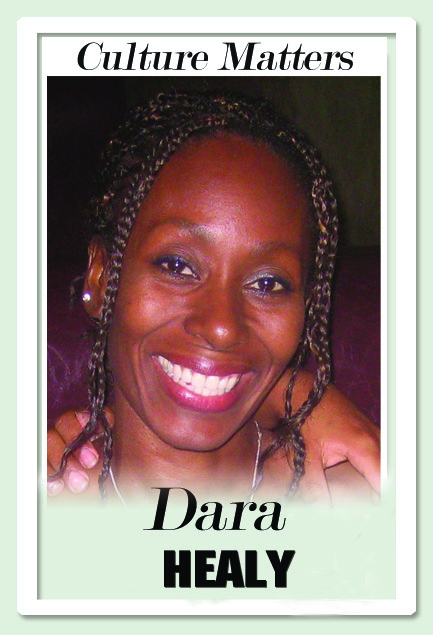Corona warrior

Culture Matters
MY GRANDSON shrieked and jumped into the pool, splashing almost everyone around him. He mischievously winked at me because I had already moved my chair in anticipation of his antics. My children and their friends were organising the barbecue. The dogs were getting underfoot as usual and Sean my husband was holding court. The sun was setting, ushering cooling breezes. It was idyllic, everything I ever wanted. I felt that familiar panic at the thought of losing them.
Twenty years ago, such a life seemed almost unattainable as I stayed indoors, alone, death circling outside. We were not prepared as we should have been for the virus that came to be known as covid19. We watched in horror as infections around the world steadily climbed into the millions, tens of thousands of deaths, with healthcare workers everywhere at risk. I gasped with the rest of the world when drone footage showed workers digging mass graves in New York.
In just three short months, the world economy was against the ropes. Every day, the numbers assaulted us; oil plummeting to below $0 per barrel, tens of millions losing their jobs. Rich entrepreneurs were vilified for soliciting government bailouts. People everywhere were without food.
Stuck at home, we rode a roller-coaster of emotions. Governments pleaded with citizens to stay at home, but many resisted. Deep into the pandemic, places of worship even refused to stop their customary rituals, choosing faith over caution. In the US there were protests to reopen the economy and across the world people were asking “when is the lockdown going to end?”
At home, police stopped motorists, sending drivers back if they could not prove why they were on the streets. I remember driving through the city with my girlfriend. We were laughing and talking behind our face masks, marvelling at the new world.
Suddenly, about a dozen police in riot gear and black masks appeared. “Put down your window please ma’am.” They were polite and eventually allowed us to continue because my friend was an essential worker. But the encounter was too stark, too real. We stayed silent for the rest of the journey.
Peaks, curves, ventilator, asymptomatic, quarantine, isolation. The virus developed a language of its own and a personality as well. Commentators coined names like “unknown enemy,” and one interviewee warned that “...the virus will find a way to expand its contamination chain.”
I thought of the Plague in 1346, where more than 75 million people died, or the Spanish Flu 1918, when 50 million perished. Or even when the HIV Aids pandemic eventually killed about 36 million of us. Even after all of these and many others in-between, government responses were often slow and unco-ordinated, making the virus more difficult to manage, especially for the most vulnerable.
I faced the disease alone, at least physically. At first, I too was not as prepared as I would have liked to be. I had planned my weekend and by the evening everything was cancelled. Work dried up. I barely had food in the cupboards or gas in the car; and outside, the panic had started.
My children were off pursuing their lives as young people should, and a previous romantic relationship had dissipated into the diseased air. As our interconnected world socially distanced, I made occasional forays into the online sphere and then retreated into my creative safe spaces.
As I watched the little ones splash in the water, I thought of how covid19 widened the cracks in our social systems. It exposed our lack of attention to food security, the racist and elitist nature of healthcare, the prevalence of family violence and the increase in loneliness.
Eventually the disease was brought under control, leaving in its wake a changed world. We saw developing nations offer medical expertise and protective equipment to former empires. The global balance of power shifted many times, as isolationism and competition for resources intensified.
The world that was forced to go online, comfortably stayed there for work, education, medicine, even travel. And although the Earth was temporarily allowed to breathe, it did not take human-kind long to revert to its pillaging behaviour.
“Auntie Viv.” Tula pulled me out of my musings. Everyone was around me; the mood had changed. I looked down at her phone – another virus was coming. I held my grandson tightly and looked at my family. Surprisingly, the panic was replaced by clarity, calm. It was up to me; I would protect them.
Dara E Healy is a performance artist, communications specialist and founder of the NGO, the Indigenous Creative Arts Network – ICAN


Comments
"Corona warrior"